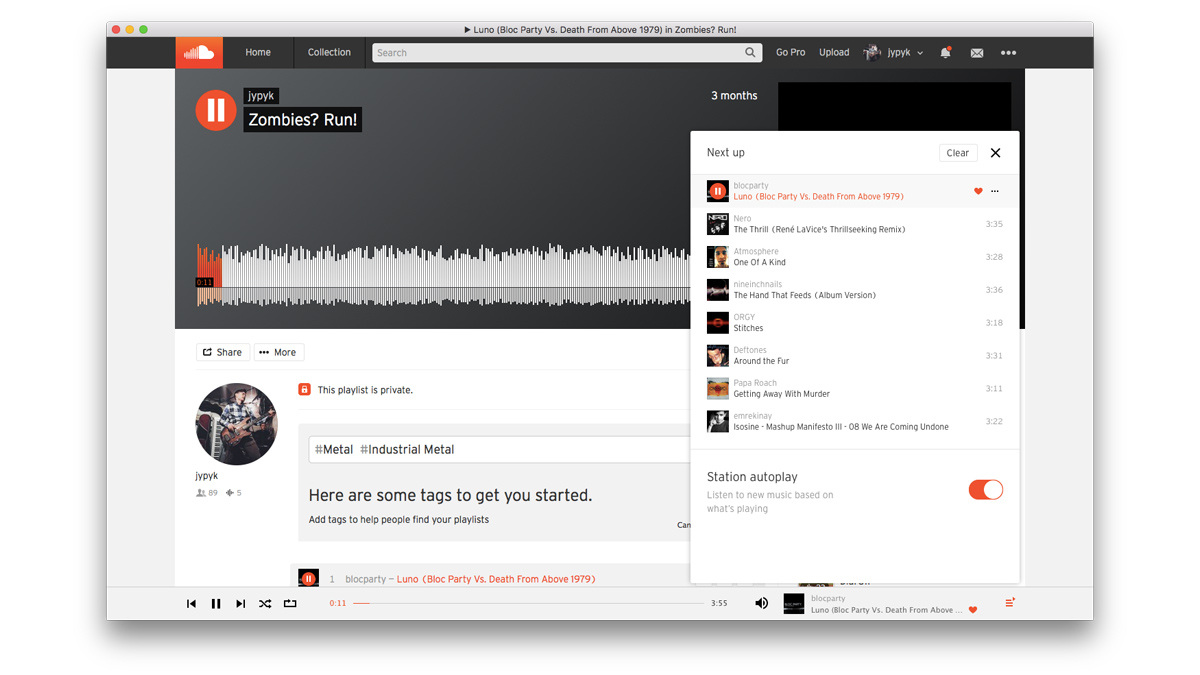SoundCloud lays off 40% of its staff and closes two of its offices
Music streaming service is forced to slash costs

Over the past decade, SoundCloud has helped countless musicians to showcase their work and make a name for themselves, and has been hailed as an internet startup success story. However, despite doubling its revenue over the past 12 months, the company has now been forced to cut costs, and is slashing its workforce by 40% and closing its London and San Francisco offices accordingly.
“With more focus and a need to think about the long term, comes tough decisions,” wrote SoundCloud co-founder Alex Ljung on the company’s blog. “Today, after careful and painful consideration, we took the difficult step to let go of 173 SoundCloud staffers and consolidated the team into two offices: Berlin and New York. We are extremely grateful for the contributions of each and every staff member who will be leaving SoundCloud, and we wish all of them the best. Without them, we would not be where we are today.
“By reducing our costs and continuing our revenue growth, we’re on our path to profitability and in control of SoundCloud’s independent future.”
Ljung says that SoundCloud will continue to operate as before and will reveal more about its future plans in the coming weeks and months.
Get the MusicRadar Newsletter
Want all the hottest music and gear news, reviews, deals, features and more, direct to your inbox? Sign up here.

I’m the Deputy Editor of MusicRadar, having worked on the site since its launch in 2007. I previously spent eight years working on our sister magazine, Computer Music. I’ve been playing the piano, gigging in bands and failing to finish tracks at home for more than 30 years, 24 of which I’ve also spent writing about music and the ever-changing technology used to make it.
"The one-size-fits-all streaming model does not serve those seeking deeper connections with artists": Deezer makes a profit for the first time with big plans ahead
Napster is back - again - in a new deal worth $207 million: “Napster revolutionized digital music - we’re ready to do it again”









